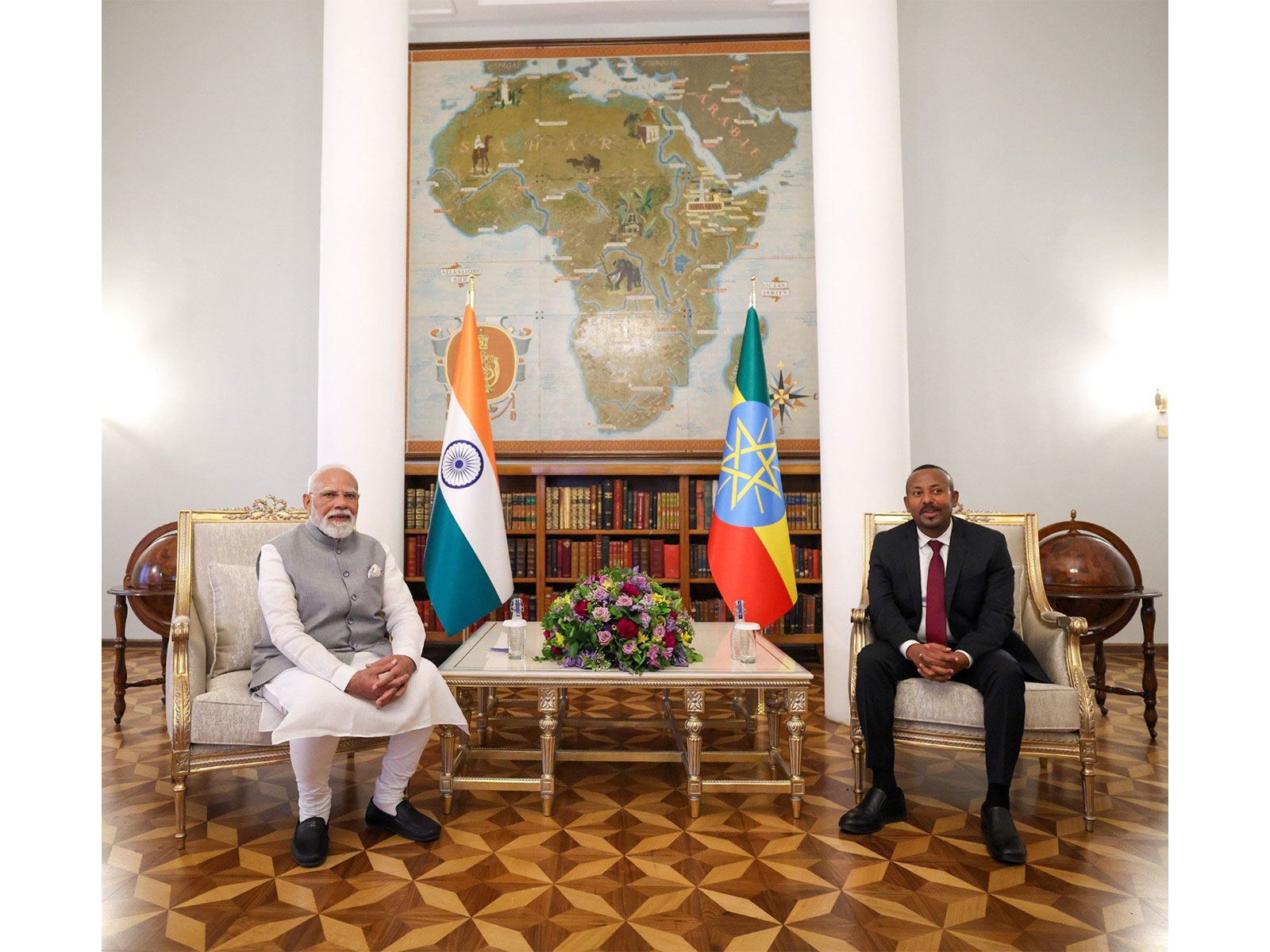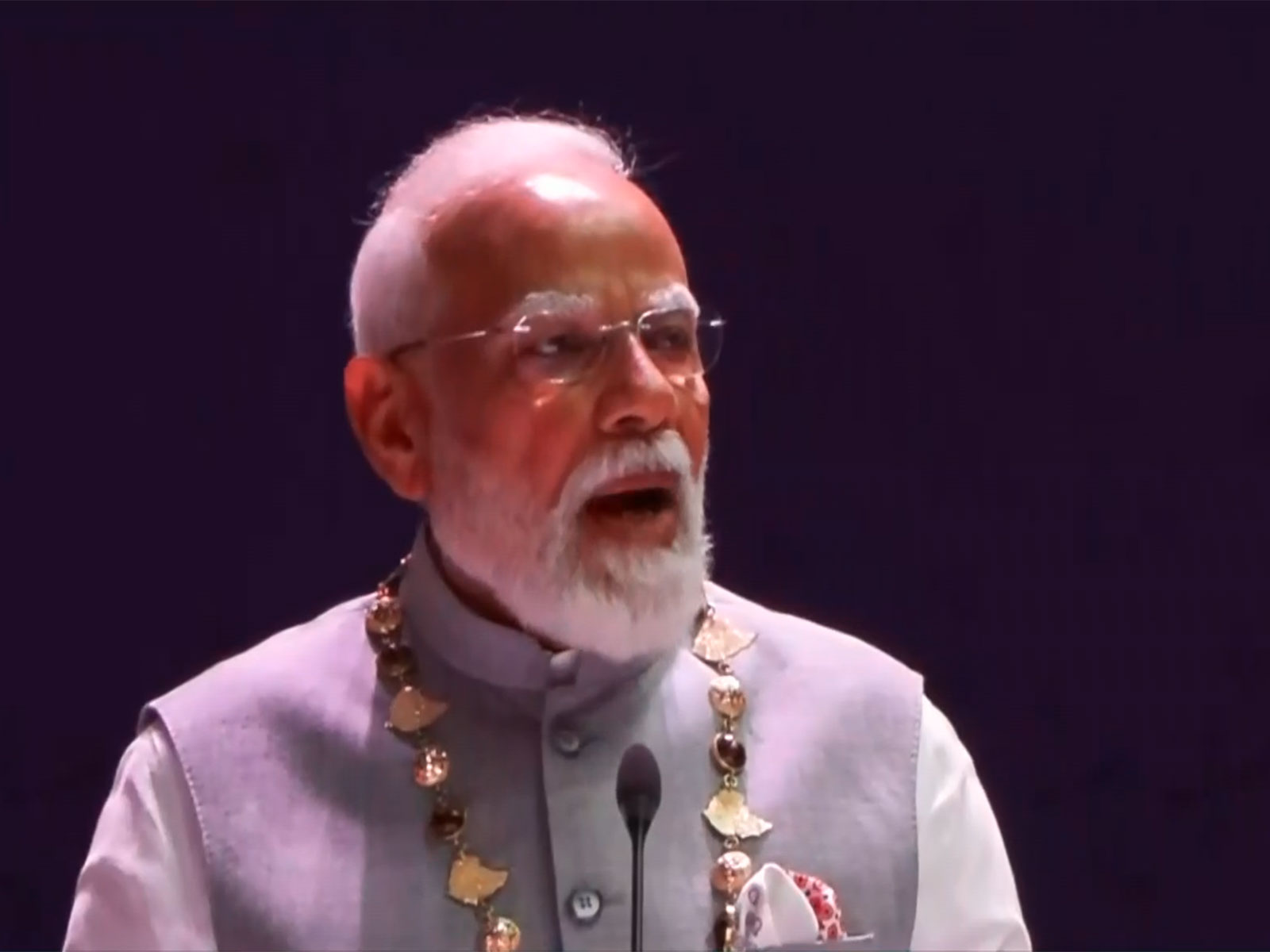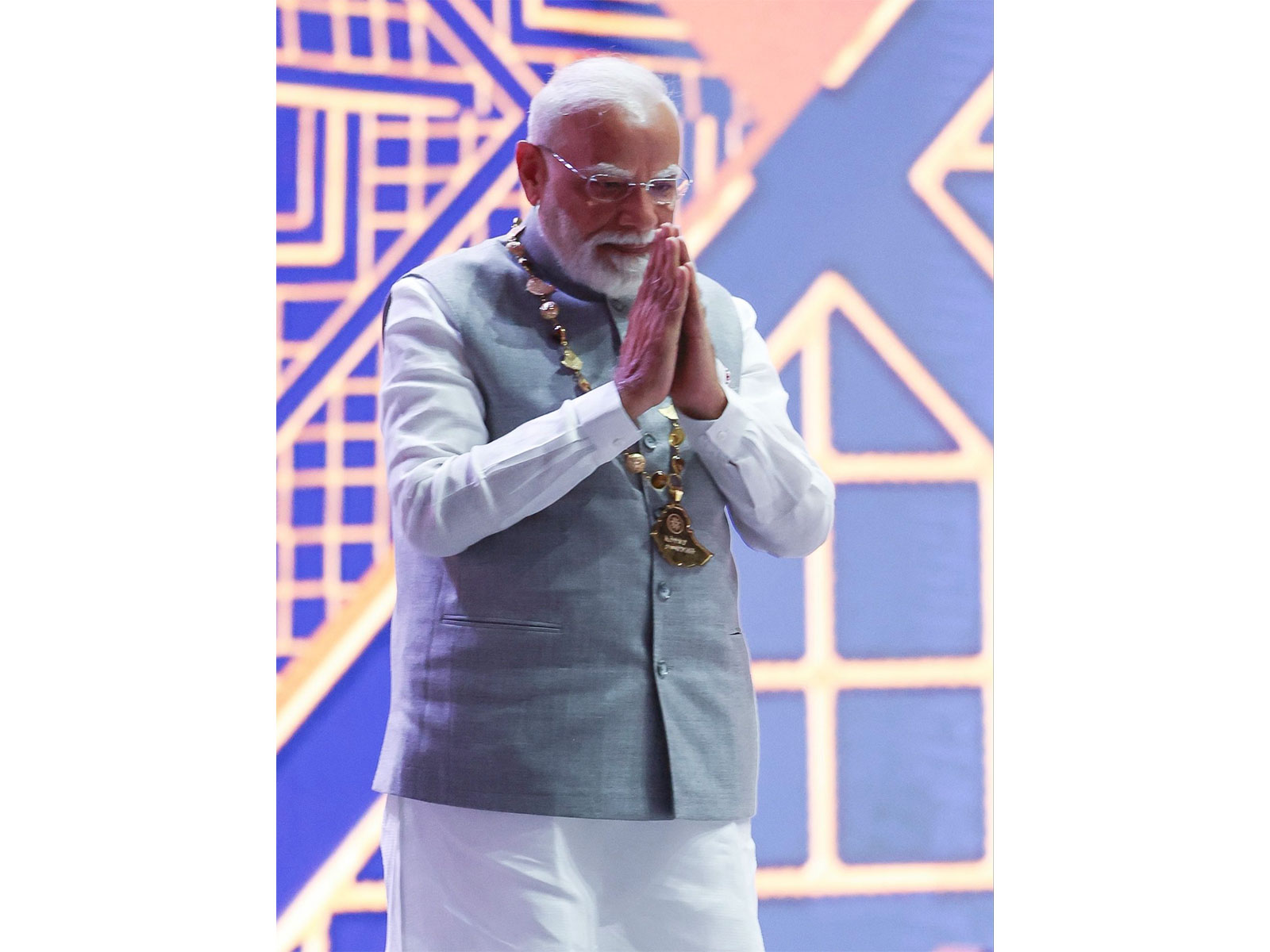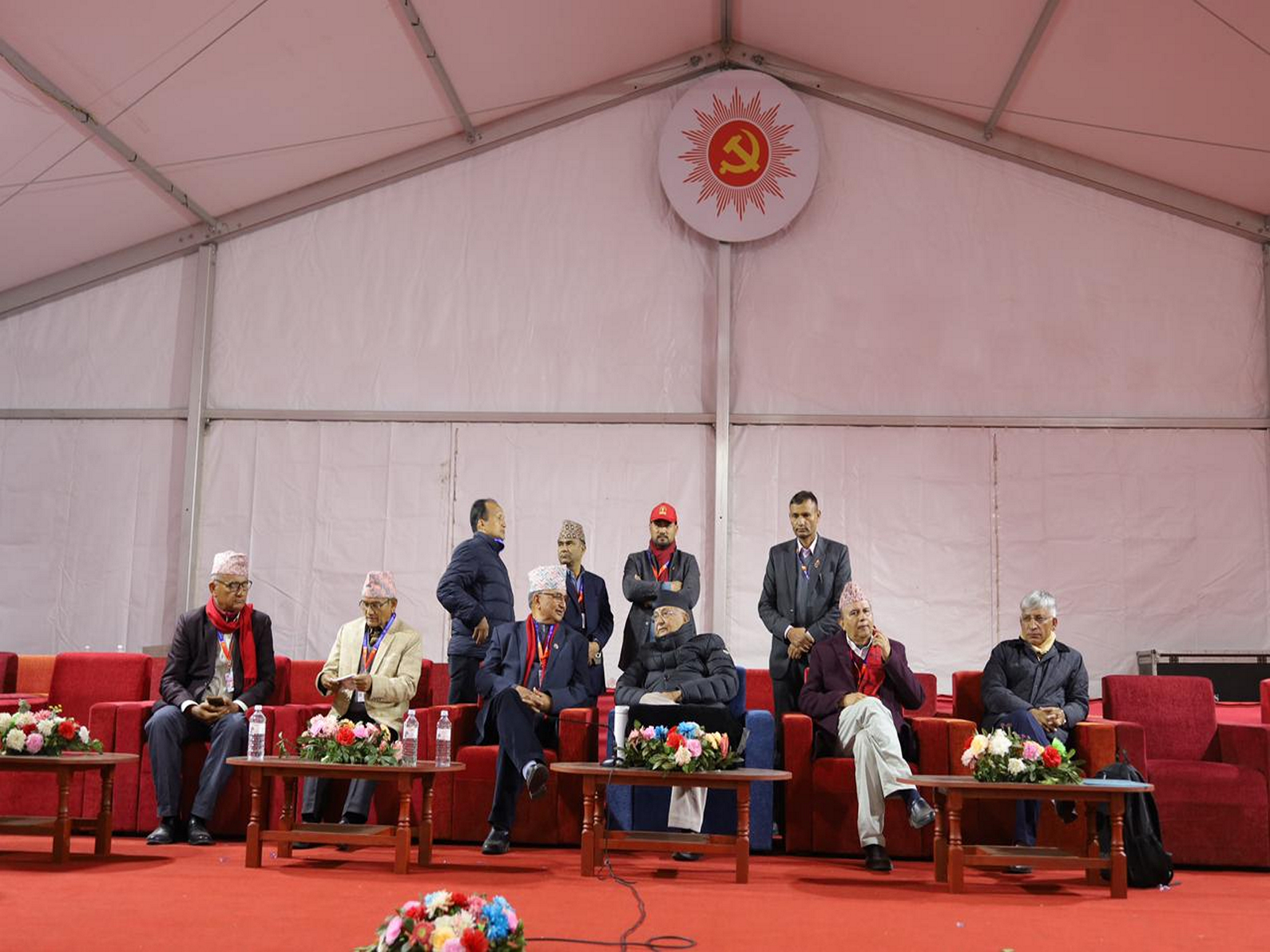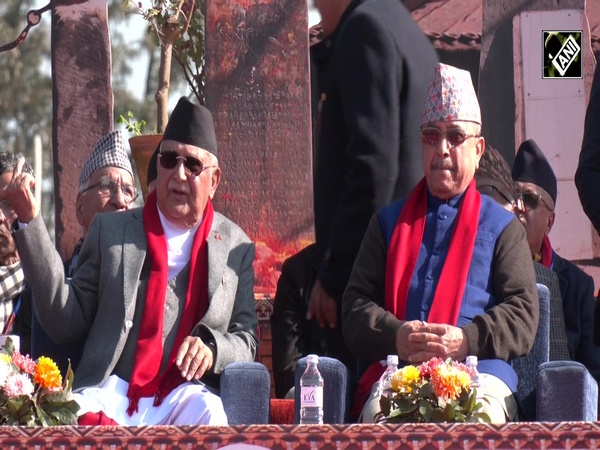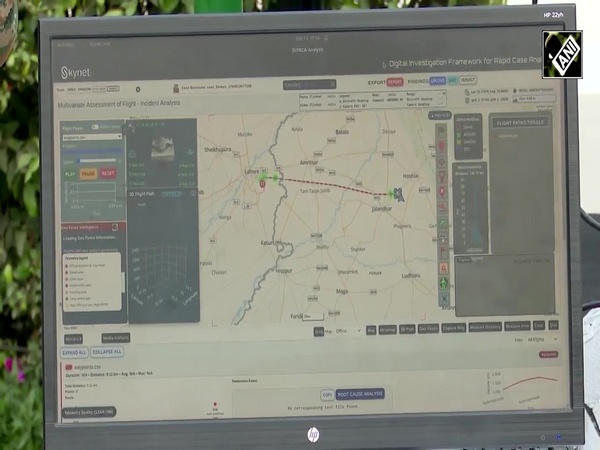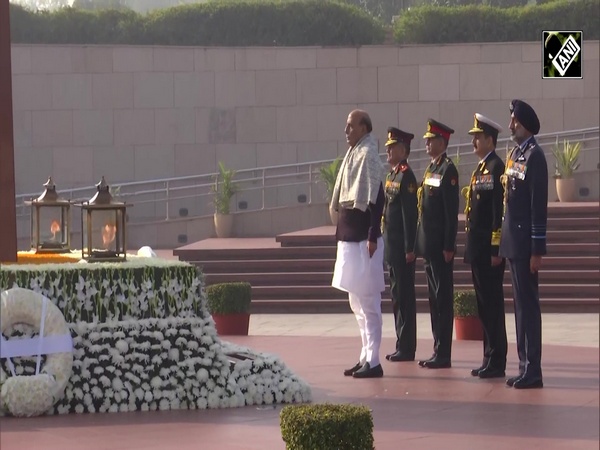Beijing's 'Wolf Warrior Diplomacy' will fail in post Caronavirus World , says European expert
May 01, 2020

Brussels, [Belgium], May 01 : China's new 'Wolf Warrior Diplomacy' or aggressive posturing is heading towards failure as the dragon is facing increasing resistance by European states since the outbreak of Coronavirus in Wuhan, say leading European think tanks.
Siegfried O. Wolf, Director of Research at South Asia Democratic Forum (SADF), a Brussels based think-tank, believes this 'new' Wolf Warrior Diplomacy is not a temporary defensive mechanism answering international criticism on China's handling of the coronavirus outbreak. It is part of a broader foreign policy strategy encompassing the use of coercive force, influence operations, economic warfare, disinformation campaigns and the undermining of international institutions such as the World Health Organisation.
"Xi Jinping (Chinese President) thinks his country will get away with his policy of disinformation and aggression. But China crossed a red line. Suffering from human, economic, social, and political consequences of the virus outbreak, the international community will hold China accountable", said Wolf.
He added, "Until recently, European societies had an 'indifferent stand' on China. However, this situation has changed drastically, even if the media and governments are still hesitating to recognize these societal transformation processes".
Wolf believes that the increasing frustration and anger over China's responsibility on the spread of pandemics will function as a push and pull factor for governments to reassess their future policies towards Beijing.
The expert believes that while other countries are weakened and distracted domestically, Beijing pushes its agenda of expanding its international leverage by exploiting the current global leadership vacuum. "As such, China is spinning the corona crisis for its own propaganda purposes so as to achieve partisan interests camouflaged with goodwill gestures", said Dr. Wolf.
With the launch of its Belt and Road Initiative (BRI), Beijing aimed at furthering its influence abroad with infrastructure projects funded by Chinese investments all over the world.
China's trade with BRI countries surges to USD 1.34 trillion in 2019.
Wolf said, "When Beijing states that it 'will not bow to international bullying' it is reverting causes and consequences. The international community is aware of the Chinese aggressive attitude in Hong Kong and Taiwan; its economic free-riding in conflict zones, from Africa to Afghanistan; the 'unconventional' outbidding of Western companies; domestic human rights violations at home, especially in Xinjiang; and China's support for autocrats worldwide".
